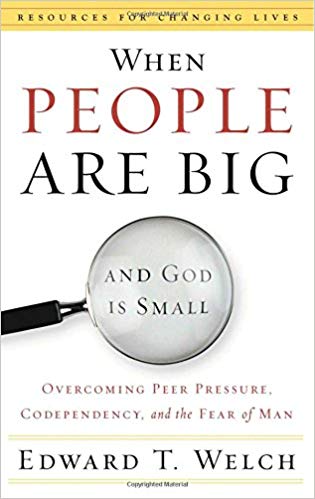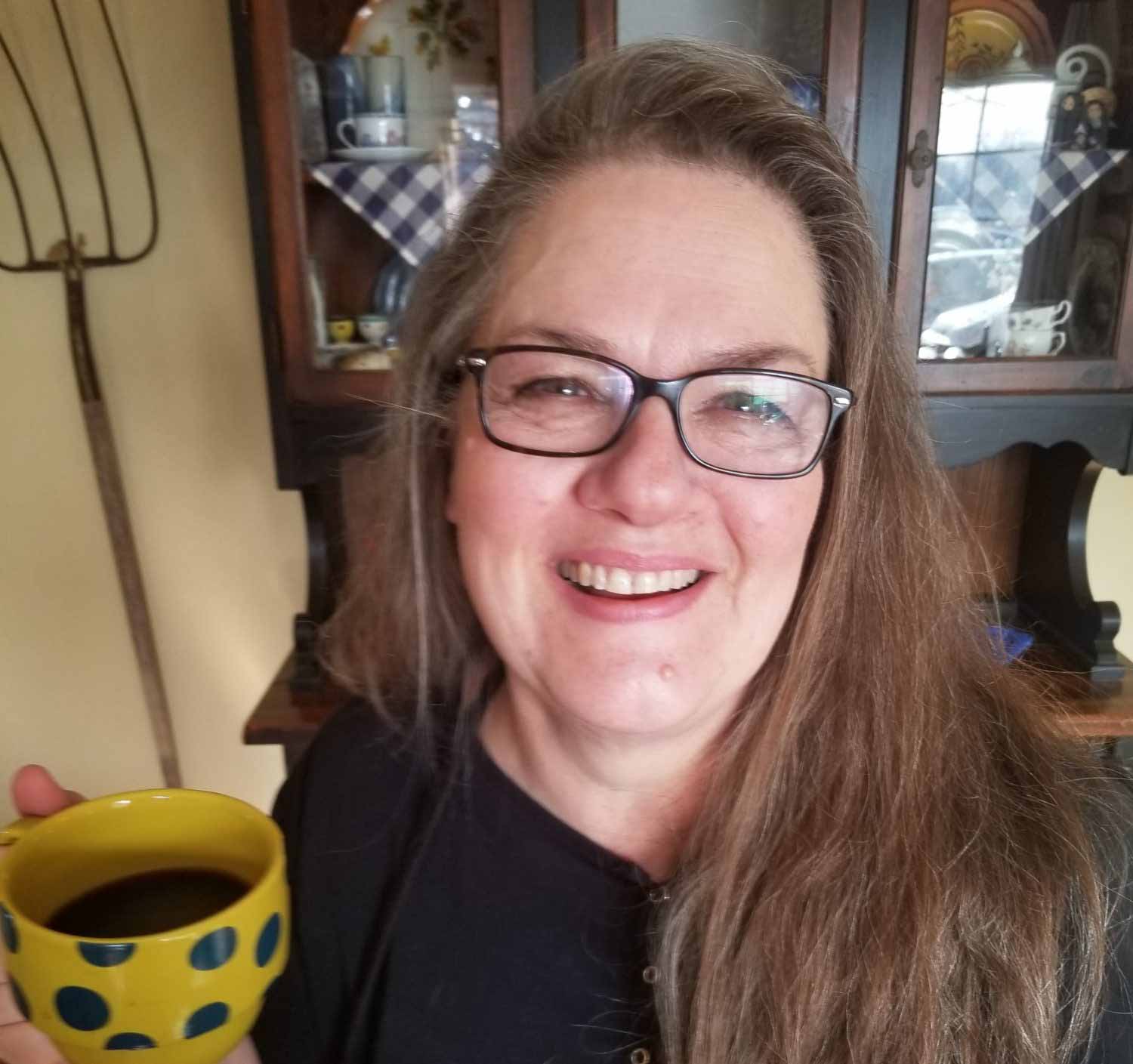When People Are Big and God is Small: Overcoming Peer Pressure, Codependency, and the Fear of Man
Disclaimer
I’ve provided affiliate links that might be helpful to you. You should know this means as an affiliate, I may receive compensation at no additional cost to you if you decide to make a purchase through one of the links. You can read my full Disclaimer Policy here. Thank you so much for your support!
A Fear Problem
Finding yourself emotionally manipulated by fear? With less than three minutes of your time here, I heartily recommend to you a book well worth the price and effort of reading. I believe it will help guide you to some Biblical understanding of this fear problem and actionable answers on how to fix it.
When People Are Big and God Is Small
Given a title such as this, I really should have prepared myself better for the sucker punch about to ensue. But God is good, -yes?! In His kindness, God blesses us with understanding and wisdom to ponder in His perfect time.
You’ll find no fluff here, that’s for certain. The wealth of material that Welsh covers in When People Are Big And God Is Small, is nothing less than a theological study much like a textbook. In saying that, let me quickly assure you, it’s not a negative! Along with this wealth of information, the book delivers point after point of Biblical solutions.
Searching For Biblical Solutions
Admittedly, the decision to review this book related heavily to the fact, that the title resonated disturbingly with my life. The suggestion of God being smaller than anything is just, wrong! But that constant feeling of guilt that has motivated much of my life has become suffocating. This wasn’t of God.
I’m so grateful for the approachable kindness of the author. In fact, Welch wrote the book out of his own experiences and growth on the subject. His transparent struggles and stories along with those of many others woven throughout the text helped keep my own self-reproach at a minimum, enabling growth and understanding.
I can’t do justice to the book by brushing over a few of the topics, but I’ll give you a couple of points that stood out to me. The overarching theme is related to “subtle ways fears surface in our lives, and finding God’s way out.” Welsh asserts, “when God is given the rightful place in our lives, old fear bonds are shattered.”
Self Improvement vs Fear of The Lord
Welsh warns, “the application of Scripture to the details of our lives is great. However, “these principles are not always embedded in the fear of the Lord. The result is that our goal can be self-improvement rather than the glory of the Holy God.” If glorifying God with our lives is a Christian’s primary purpose, this lack of fear of the Lord is a problem!
Fear in the Biblical sense includes in part, -terror, dread, trembling, astonishment, awe, control, worship, trust, or need. Chapter six presents a continuum chart regarding the fear of the Lord. I found it very helpful to follow and think through.
We Need More Than We Love
A startling concept Welsh presents in detail is that we have a tendency to need people more than we love them. My long hibernating romance novel version of love, recoiled a bit at that one. The one goes with the other, don’t they?
Actually, if you take a Bible refresher course defining genuine love by reading and applying 1 Corinthians 13, you’ll not find “needing” people anywhere. The Bible clarifies that we serve those whom we love, as Christ did for us.
The world, our flesh and the devil conspire to elevate people and what we get from them, over God. We can, in fact, find ourselves idolizing those whom we think we love. Life and culture affirm people are our idols of choice. We perceive people as having the power to give us something, forgetting God in the process.
Hope In Christ Alone
Welsh reminds us, we must get out of ourselves and place our hope in Christ alone. Understanding the idea that “what or who you need will control you,” along with “one of Scripture’s divine paradoxes, -the path of service is the road to freedom,” gives clarity and direction.
Do you fear God or people? I’ve had to challenge myself with this question repeatedly this month. Armed with this question, I have a choice. I’m finding deeper intimacy with Christ and more freedom in my relationships. No perfection mind you. But choosing to need people less and love them as God loves, is the long and short of it.
Need Less, Love More
How about with you? What points in the book stand out that have either challenged your thinking or changed your relationships? Are there any points you disagree with, found extra-biblical or unconscionable? Let’s chat about it!















Recent Comments